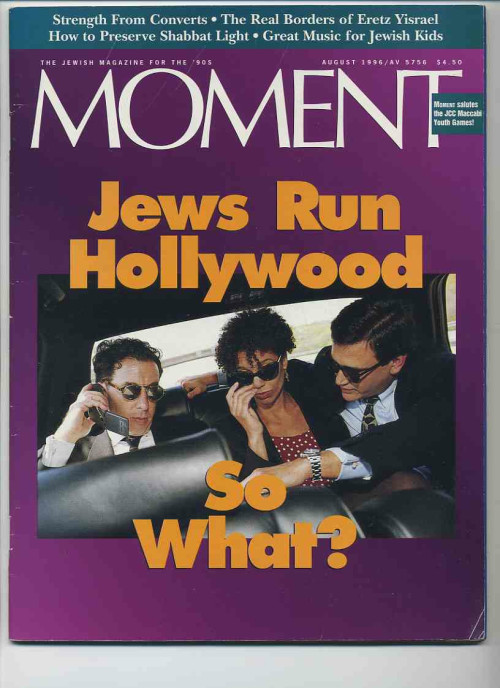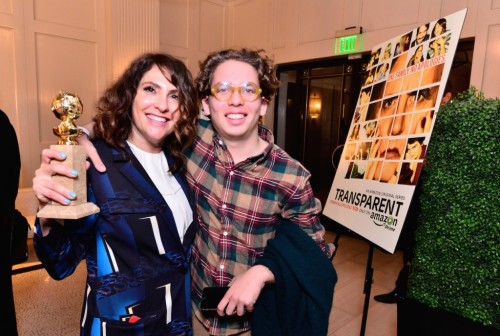Woody Allen’s Café Society
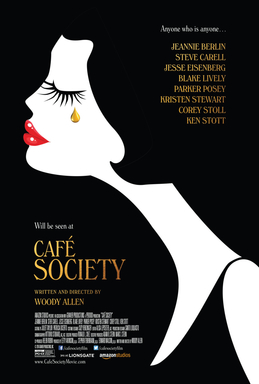
“I have never been so upset by a poll in my life. Only 22% of Americans now believe “the movie and television industries are pretty much run by Jews,” down from nearly 50% in 1964. The Anti-Defamation League, which released the poll results last month, sees in these numbers a victory against stereotyping. Actually, it just shows how dumb America has gotten. Jews totally run Hollywood.” [i] — Joel Stein
Woody Allen’s crepuscular film Café Society (2016) is as boring as it is instrumentally instructive as a testament to Jewish cosmopolitanism, domination and reshaping of American values and culture. Set in the 1930s the film centers on Bobby Dorfman (Jesse Eisenberg), the youngest son of a New York Jewish family, who leaves his father’s jewelry business for Hollywood. If Fellini used Mastroianni, as an idealized surrogate-self, Eisenberg is used rather as Allen’s mirror image, neurotic, shlumpy, physically weak, lascivious, overtly sentimental but quick-witted, clever with high verbal acuity – a certain Jewish je ne sais quoi.
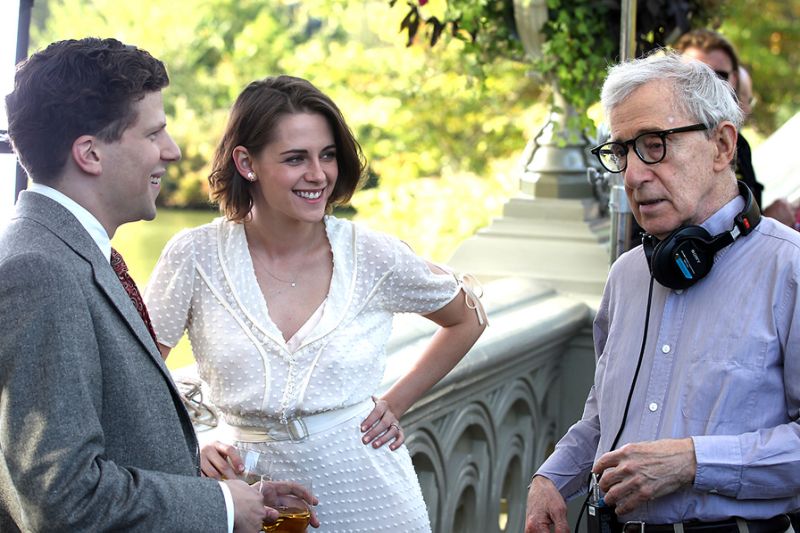
Jesse Eisenberg, Kristen Stewart, and Woody Allen, on the set of Café Society
The conflation of Dorfman and Allen is made even more obvious with Allen’s voiceover narration throughout. The Dorfman family trio functions as a trio of Jewish stereotypes, his elder brother a gangster, his sister married to a Marxist intellectual, and both he and his uncle settled in the entertainment industry. Radical intellectualism and entertainment are a microcosm of the Jewish cultural enterprise, and the explicitly crude expression of usurious tendencies in the gangster are a stand-in for a still-common Jewish phenomenon of exploitative business practices (see Andrew Joyce’s “Jews and Money Lending: A Contemporary Case File”). Each of these enterprises supports and affirms the other.
Continuing with the Jewish stereotypes, Allen intersperses scenes with Jews who fleetingly pass off stock tips, whispering in an ear at a party – implicitly showcasing ethnic networking. Read more

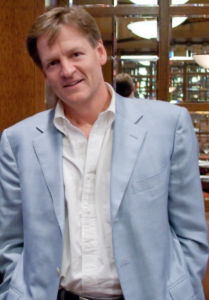
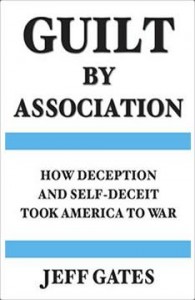 In early 2009, I ran across the book
In early 2009, I ran across the book 